Listen to the article
China’s re-emergence as the largest economy in Asia over the past 40 years has brought prosperity to its own people by elevating over 600 million people from absolute poverty.
The Chinese government has built a spiderweb of infrastructure and connectivity throughout the country and everywhere you visit in China there are concrete and glass cities that have risen out of deserts, swamps and agricultural lands.
This transformational period of growth has resulted in China in terms of comprehensive power as a near competitor to the United States.
This growth, while outstanding, is now facing significant headwinds because of severe demographics challenges, decreased competitive advantages related to cost of manufacturing in China, to political pressures resulting from the selective diversification away from China’s production network.
Lastly, we have seen a dramatic decrease in confidence at home and abroad in the Communist Party of China’s (CCP) ability to govern China and maintain a steady stable environment for investment.
These changes are already bringing about slower growth and potentially economic stagnation. This will result in a much more difficult path towards superpower status and becoming a direct, comprehensive, and sustainable competitor with the United States.
The United States on the other hand under President Joe Biden has engaged in a systematic, sequential, allies-first approach to competing with China. In the same way that the United States transformed every aspect of the government to deal with the 9/11 attack, the United States now is transforming every aspect of their government to outcompete China in the areas of military power, technological advancement, diplomatic partnerships, production networks, supply chain resilience and norm building across the Indo-Pacific.
Rather than a retrenching, we’ve seen the United States recently forge a strong partnership with South Korea, Japan and the United States under the Camp David principles.
We have seen other minilateral relationships strengthened such as the Quadrilateral Security Dialogue, which acts as a global public goods provider and problem solver for the Indo-Pacific.
We have also seen the AUKUS agreement emerge which stresses enhancing deterrence capabilities through the provision of nuclear-powered submarine technologies to Australia.
Arguably more important though is jointly investing in AI, quantum computing, cyber, hypersonic and other forms of emerging technologies with the clear view that the country or countries that secures first mover’s status in these areas will be able to not only lock-in the economic gains that will come from these technologies but they will also be able to lock-in rules and regulations that will shape how these technologies are used in our economies and in our private lives. Importantly, they will be based on rule-of-law and transparency.
As the CHIPS act begins to take its effects on China’s ability to compete in the areas of emerging technology, we will likely see a further deceleration of the Chinese economy.
Leaders in Beijing will have to make the choice of rice or guns to compete with the United States and its global network of alliances and partners.
Beijing neither has the flexibility or the economic stamina with its structural economic slowdown to be able to compete with the United States and its partners.
There is an argument that China alongside Russia, North Korea and Iran may be able to forge an authoritarian pact that will be able to push their Westphalian preference for an international order that prioritizes state sovereignty, non-interference principles and new culturally relativistic interpretations of human rights and demography.
The problem with this argument is that their collective economic power is in relative decline. Russia has been cut off from the international financial system and is mostly diplomatically isolated.
Both Iran and North Korea are heavily sanctioned. China, while still active on the international trade front, is facing severe economic headwinds that no country has been able to find their way through.
Rather than the question can the United States and China coexist as superpowers, the question should be can the United States coexist with a fragile and stagnant China?
A fragile China or perhaps a China that stagnates economically means higher prices globally or goods it means increased social instability at home.
Historically in the case of China, social instability translates into political instability that rarely stays within the confines of the borders of China.
Scholars and analysts like myself wonder as the Chinese economy stagnates will growing social dissatisfaction increase willing of the Chinese Communist Party to use nationalist endeavors such as a forced reunification with Taiwan as a tool to enhance social cohesion at a time when economic growth, stability and prosperity is in decline?
At this stage in history, there is no possibility that forced reunification with Taiwan would make China richer, more stable, more respected. Conflict with Taiwan would disrupt the regional and global economy.
It would likely usher a series of financial sanctions that would further slow the Chinese economy and likely result in not only the destruction of Taiwan, but severe economic slowdown as the Chinese and Taiwanese economy cease being important investors in Southeast Asia and other parts of the world.
With these realities under consideration, coexistence between the United States and China is a necessity not out of fear of China becoming a peer superpower of the US but out of China’s fragilities.
The United States and China must find ways to compromise on issues of disagreement, such as Taiwan, the South China Sea, as well as sensitive areas to both countries and their allies such as the Senkaku Islands, the Himalayan plateau and more.
On the economic front, both countries need to find a way to stabilize their economic relationship such that the Chinese economy continues to deliver public goods to its citizens and the world.
At the same time becoming less ambitious about its revision of the regional and global order away from a rule-of-law based international order.
The United States along with its Western allies are going to have to find ways to create space for China to exert its leadership on the global stage befitting of the second largest economy on the planet. They will also have to be more consistent in their own obeyance of international law.
Simultaneously, they will have to draw barriers or red lines to ensure that authoritarian practices remain localized at home and do not change the international order based on rule-of-law.
This article was first published in German on November 17, 2023, at The Berliner Zeitung, a daily newspaper based in Berlin, Germany.
Read more: Economic Headwinds and A Chance of Slower Growth: What the forecast holds for China’s Belt and Road Initiative?
Read more: The Dangers of a Stagnant China: The Necessity of Awkward Coexistence
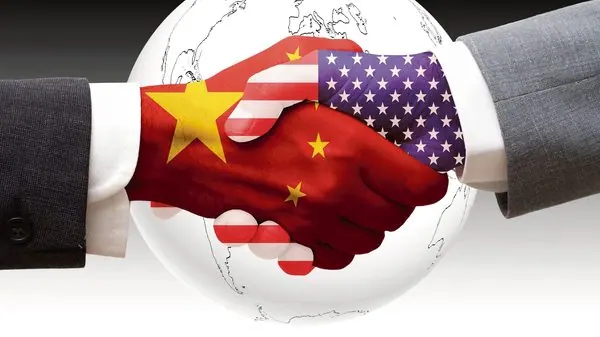
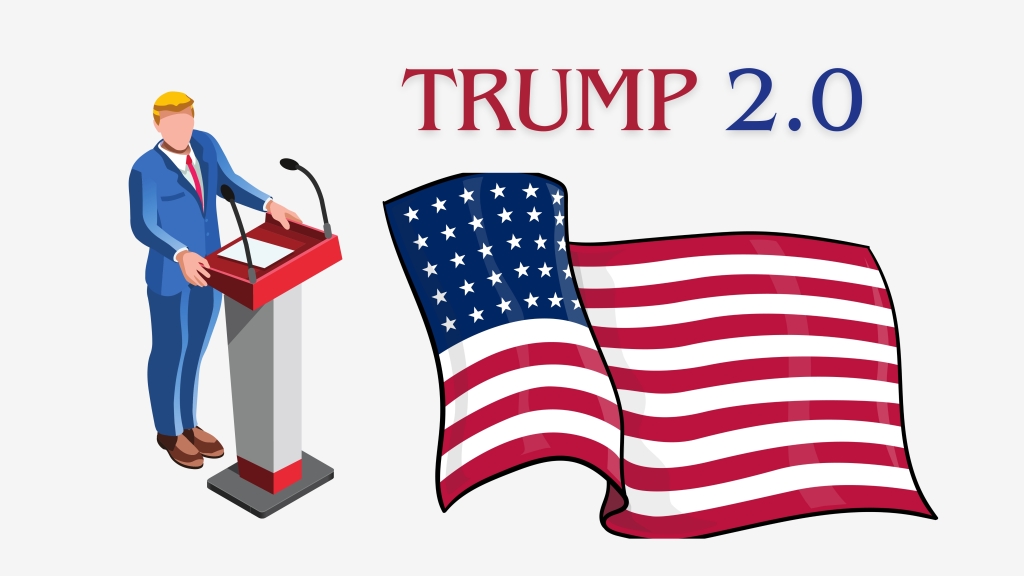
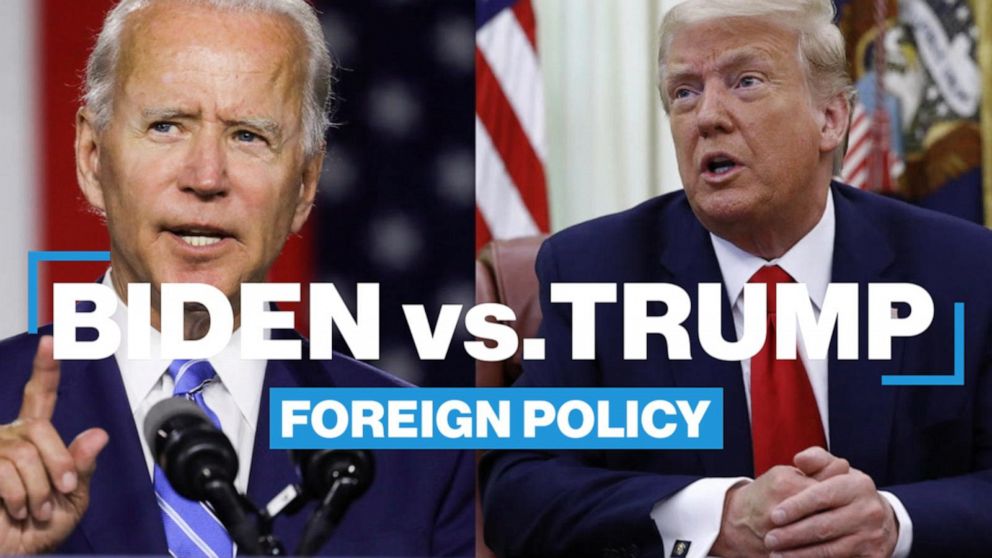
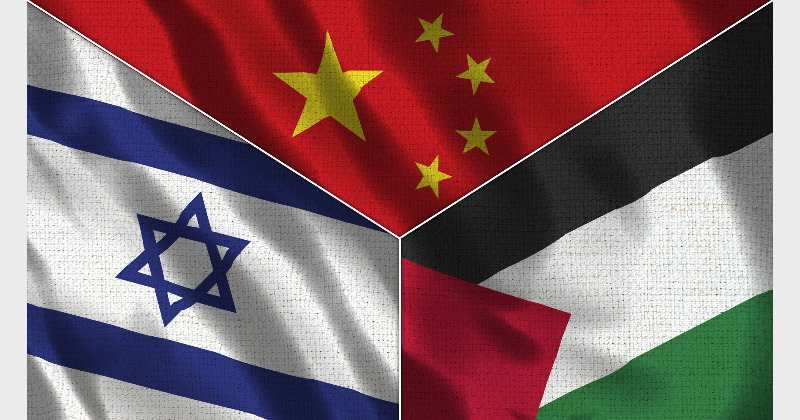
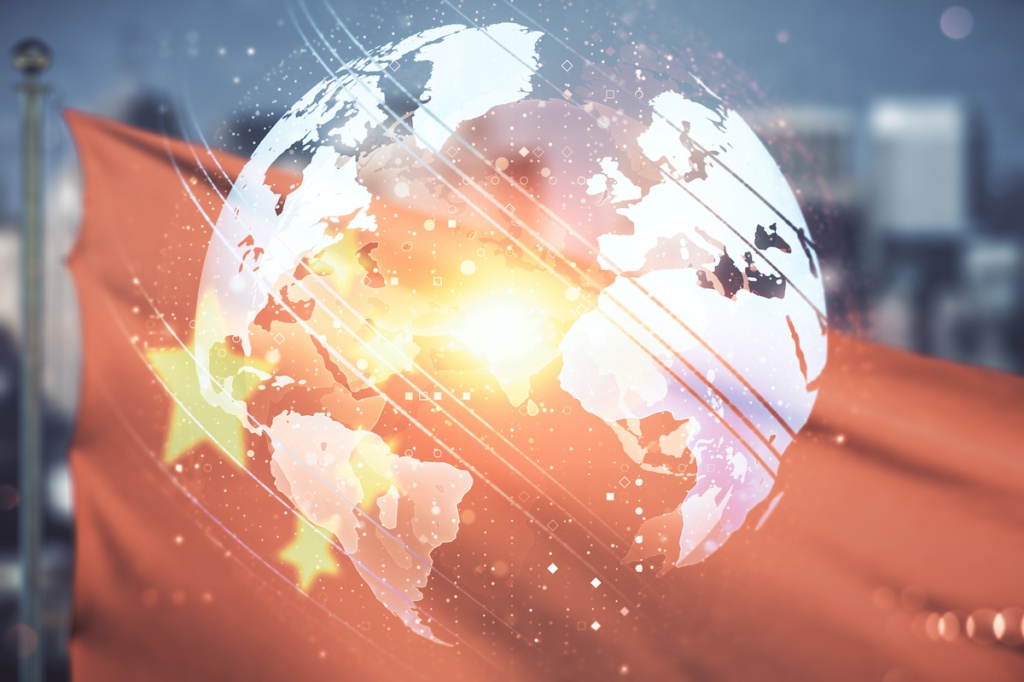
Leave a comment